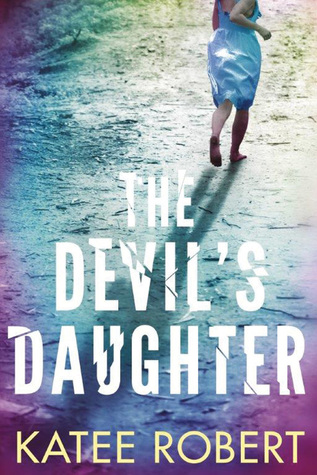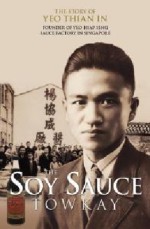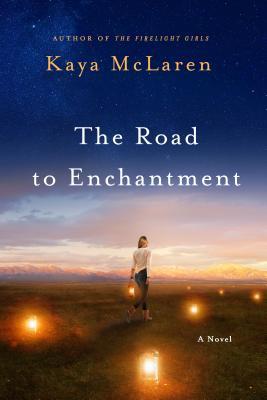On January 21, Silence was released in Japan! It's directed by Martin Scorsese and has spent 26 years in the making! As a big fan of the book (to the point where my Extended Essay was a comparison analysis of Silence and The Man Within), I was at the first showing at Hakata's T-Joy theatre on the first day.
 |
| Also, I discovered Snow! |
The film was amazing and I definitely recommend everyone to watch it (and read the book) once it's out in a theatre near you. So obvious, to try and get you to do that, I'm going to share my thoughts on the film.
Warning: this is going to be all rambly, possibly incoherent and very likely spoiler-ish. You've been warned.
First things first: between Silence the novel and Silence the film, the novel will always win. It has a greater complexity to it (at least for me), and it was what got me interested in Japan. That being said, the movie was fantastic. I've been waiting for this since last March when I heard that it was being filmed. So you can imagine my excitement.
Silence, if you've never heard of it, is a novel by Endo Shusaku, a Japanese who happened to be Catholic. He wrote lots of great novels, but Silence happens to be considered his masterpiece. The story is about two Jesuit priests who have arrived in Nagasaki. It's the Tokugawa era, and Christians are severely persecuted. The two priests have heard rumours that their teacher, Ferreira, has apostatized and came to find out the truth, plus minister to the faithful.
As you can imagine, this is not a happy movie. The scenes of torture are many and varied, and music is largely absent. The atmosphere of the book was carried over pretty well, and I love the movie for that.
So anyway, one of the priests is Rodrigues and it is his story that we follow. He's played by Andrew Garfield, but I managed not to see Spider-Man after five minutes. Rodrigues meets Kichijiro (Yosuke Kubozuka), a complex guy who repeatedly apostatizes and then returns. And if you're interested, Kichijiro was one of the main characters I analysed for my EE. Sorry, forgot to say that I loved this so much I dissected it for my EE. (When I found this was going to be a movie, I emailed my EE teacher immediately)
Christ did not die for the good and beautiful. It is easy enough to die for the good and beautiful; the hard thing is to die for the miserable and corrupt.
I'm not doing a very good job of it, but the story explores the themes of faith and love - whether one can apostatise and still be a Christian, and whether it is better to apostatise to save a few or to remain firm and to bring about more martyrs.
And I think the book does a better job of exploring this moral dilemma. In the film, it is more obvious (to me, anyway), that these men are making the selfish choice when they commit apostasy. I should note that when I was talking about this film to my friend, she thought that the moral dilemma was very well-conveyed, so it may just be me, because I've been thinking about it ever since I read the book. So anyway, my thoughts:
Despite the protests of love and of the inability for the Japanese to truly understand Christianity (something I don't agree with), it feels to me that these men apostatized for the sake of their minds rather than for others. The scene where Ferreira first meets Rodrigues, and the look of unease when he is called "at peace", shows that this was done for their sakes, not for others.
These are men who have understood the glory and reward of martyrdom but not its suffering. They have remembered the words "suffer unto me" but not the words "I did not come to bring peace, but a sword". In short, they have only a one-sided understanding of Christianity. But that is something a lot of us have, especially with the rise of things like the Prosperity Gospel.
And like Kichijiro says, persecution is trying. In times of ease, it's easy to be a good Christian, but when it's your life on the line, can you do the same?
I do believe Kichijiro when he says that in another time, he would have lived and died a good Christian. In fact, I think the fact that he repeatedly tries to overcome his weak nature shows great courage - something that Rodrigues and Ferreira don't really show.
"[B]ut our Lord was not silent. Even if he had been silent, my life until this day would have spoken of Him."
The ending definitely has more complexity than the middle portion, and I enjoyed the fact that the state of Rodrigue's faith was left unanswered, and invites the reader to draw her own conclusions.
Plus, even though I was just all "this wasn't as complex as the book", I do realise that there are limitations to what the visual medium can do, even with voiceovers, and I think this is as complex as it could have been.
I heard that Silence is going to be released in Singapore, so please spend some time watching it. It won't be a comfortable film - and I mean for everyone, even Christians - but it is thought-provoking and beautifully shot. I haven't spent much time on that, but really, the film was gorgeous.
And to end, another Endo quote, though it isn't from Silence:
True religion should be able to respond to the dark melodies, the faulty and hideous sounds that echo from the heart of men. (From Scandal)
Now, I feel like re-reading Silence, Scandal and the other works of Shusaku Endo (and the works that I haven't read before).















